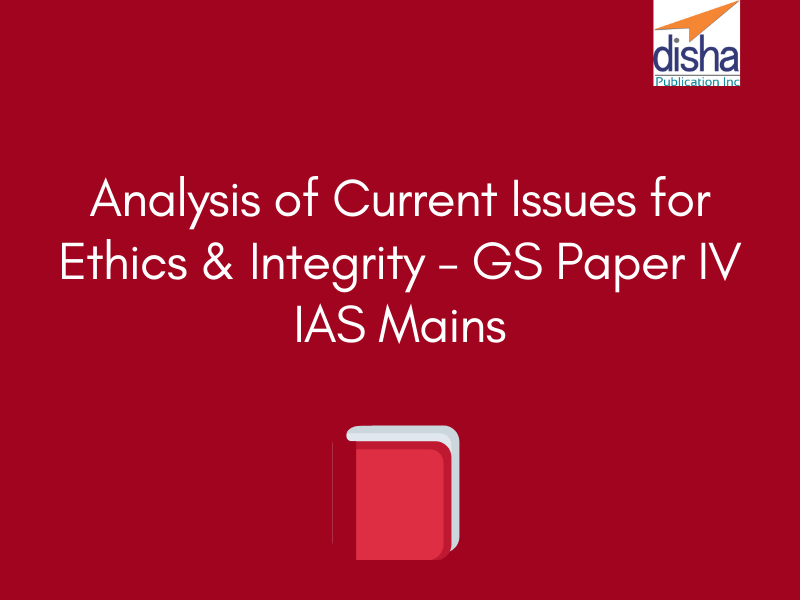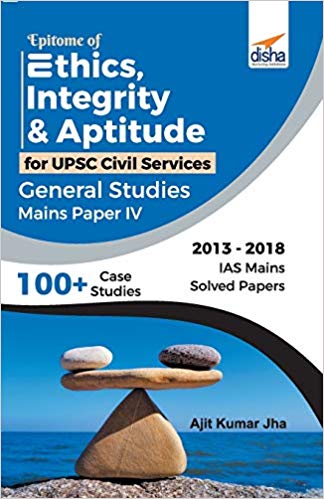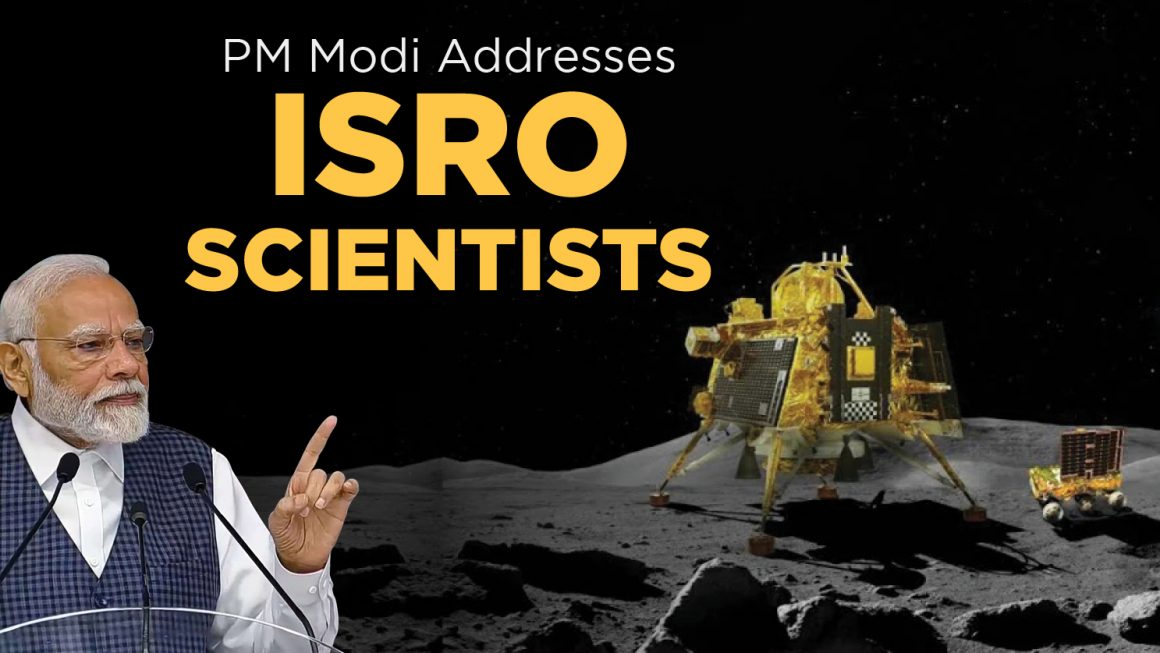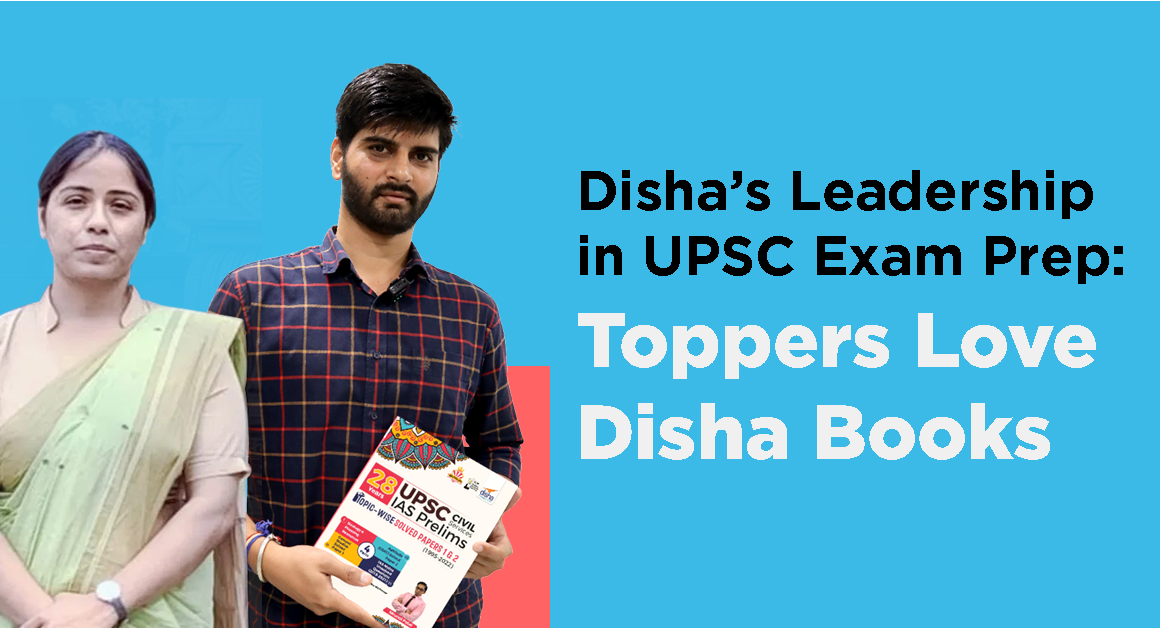

Sahi soch Disha deti hai!
But what is sahi soch?
What will develop sahi soch in a Prashasnik Adhikari?
Drawing from Pope Gregory I of Rome who, in 590 AD, had advocated the avoidance of Seven Deadly Sins of lust, gluttony, greed, sloth, wrath, envy and pride for the society, Mahatma Gandhi (in the October 22, 1925 edition of his weekly Young India) propounded the Seven Social Sins that must be avoided to lead a life of high integrity. These seven social sins are:
Wealth without work
Pleasure without conscience
Knowledge without character
Commerce without morality
Science without humanity
Religion without sacrifice
Politics without principle
How relevant these are in the life and career of a civil servant is not a matter of debate. A civil servant is well-equipped with the resources to transform lives if the will to make a difference exists. However, the tightrope here is the upholding of moral grounds in the dispensation of service. One must be aware of the unethical pitfalls in the line of duty. Being the nodal centre of governance, finance and law and order in their administrative unit, an IAS officer wields immense power. So, it is imperative for civil service aspirants, in particular, to remember Mahatma Gandhi’s 7 social sins which they may be likely to fall prey to, but must always make a conscious effort not to.
Ethical discussions form the core of GSM IV- ETHICS, INTEGRITY AND APTITUDE. Current happenings around us— social, political, economic or other in nature— very often throw ethical questions for intellectual pondering. These are questions a right thinking Civil Services officer ought to understand well and look to answer suitably, using the powers vested in their position.
The author of bestseller The epitome of Ethics, Integrity and Aptitude, Ajit Kumar Jha, is a voice of repute on Ethics. He has a degree in Philosophy from St Stephens College, Delhi University and years of experience as a scholar and writer of considerable renown. He developed a special interest in Ethics and Logic, while studying Philosophy and became an integral part of the Philosophy Discussion Group in the college, where he presented several papers on ethics. He has contributed to several international online journals and has presented several research papers in national and international seminars. His inputs on emotional Intelligence, in a stint as a career counsellor on DOORDARSHAN, were found very valuable and useful by exam aspirants. He has enlightened many a young mind while teaching Ethics and Essay papers in various IAS Coaching Institutes.
Read below Ajit Kumar Jha’s expert opinion on some burning ethical issues facing contemporary Indian society.
- Citizenship Amendment Act: Does it discriminate or violate the right to equality?
Expert’s take: Right to equality enshrined in the constitution of India proclaims that the state shall not discriminate on the grounds of religion, sex, place of birth etc. This is an ethical intent of the constitution makers applicable to the citizens of India. However, a major charge against the Citizenship Amendment Act is that it falls short of the ethics of equality or equal treatment in granting citizenship to the refugees of our neighbouring countries who have been the victims of persecution, since Muslims have been excluded from its ambit. The reasons cited are (i) Muslims being in a majority in their countries of origin; and (ii) security concerns especially in context of the alleged links of the Rohingya refugees from Myanmar with Pak-based terror groups and ISIS.
The ethical question, therefore, boils down to: whether the State is justified in unequal treatment in this context? Let us examine the issue from the Utilitarian and Deontological ethical contexts.
The Utilitarian Principle or consequentialism is based on the theory of the greatest good or the greatest happiness to the greatest number.
From the Utilitarian lens, religious minorities of neighboring countries of Bangladesh, Pakistan, and Afghanistan seek refuge and citizenship in India in a larger number than the religious majority community in these nations. Therefore, from the Utilitarian perspective, this step is ethical. Also, the criticism of unequal treatment is invalid because the equal treatment clause applies to the citizens of India, while the refugees are not the citizens of India.
Deontological ethics is often associated with the Kantian ethics. Unlike consequentialism, deontology refrains from weighing costs and benefits. Let us therefore apply the rules formulated by Kant or categorical imperatives to judge the ethicality of an action: The first maxim claims: “Act only on that maxim through which you can at the same time will that it should become a universal law [of nature].” The question to ask here is would we want a universal law that proclaims: In matters of granting citizenship, the religion of an individual should be the sole criteria provided that particular religion is facing persecution? If our answer is no, then the action of the government in Citizenship Amendment Bill is unethical. If our answer is yes, then this is an ethical step.
Kant’s second Maxim claims: “So act as to treat humanity, both in your own person, and in the person of every other, always at the same time as an end, never simply as a means.” Here we may ask, whether refugees seeking citizenship have been treated as a means to an end or an end in itself. If refugees have been granted citizenship purely on humanitarian ground and not as vote bank politics, then it is an ethical step. From facts and circumstances, it is clear that religious minorities have sought citizenship in India for a long time now.
- Digital India aspirations versus ethics of Internet shutdowns
Expert’s take: India, the world’s largest democracy, continues to normalize shutting down internet and suspending mobile communications for tens of millions of citizens in the country to thwart protests.
This is quite in contrast to digital India aspirations.
Digital technology can help India realise the ambition of creating a just and equitable society. It can help propel India to the front rank of nations, particularly leveraging the energies of the country’s youthful population, with its propensity for quick adaptation and frugal innovation.
Where do we find the balance between the two?
The Constitution of India provides the right of freedom, given in article 19 with the view of guaranteeing individual rights that were considered vital by the framers of the constitution. The right to freedom in Article 19 guarantees the freedom of speech and expression, as one of its six freedoms.
However, Government can impose different restriction on the freedom of speech and expression based on its nature, common restrictions on speech relate to libel, slander, sedition, incitement, slangs, obscenity, pornography, classified information, copyright violation, trade secrets, non-disclosure agreements, right to privacy etc.
It is noted that the restrictions on internet by the government of India in recent months have been more due to political reasons than constitutional requirements in the interest of the state.
In a recent judgement relating to restriction on freedom of speech and expression in Jammu and Kashmir, the Supreme Court said internet access was integral to freedom of expression as guaranteed by the Constitution, upheld the right of citizens to dissent peacefully and declared that governments should ensure the press is allowed to do its job freely.
- Arvind Kejriwal 3.0: the ethical angle in a historic electoral victory
Expert’s take: In today’s politics, ethics have vanished. Instead of debating issues in the public speeches, the leaders of today call each other names, they try to drag the personal weaknesses of each other out in the public. Arvind Kejriwal was surely an exception this time. Despite personal attacks, he refrained from name calling. The ethical dictum of “do unto others, as you would have them do unto you” certainly does not seem to play out in the dirty world of politics.
Arvind Kejriwal on the whole subscribed to pro-poor policies which has been spectacularly missing in recent polls in a world where capitalism is riding on the wave of globalization/Nonetheless, the opposition accused him of joining the camp of terrorists, anti-nationals and Pakistan. Unfortunately, these accusations expose the unethical attitude of the opposition that can go to any unethical extent to win the election. The fact is when you try to influence the public opinion through false accusations of your opponent, there is much that you need to answer. Arvind Kejriwal may certainly not be an epitome of virtue as he allegedly spends millions in refurbishing his image as a virtuous politician.
What Arvind Kejriwal needs to answer is whether he himself is harming the state with his populist policies. The money for the implementation of these policies has to come from the tax burden imposed on people. Unless, Arvind Kejriwal works out a credible policy that is a win-win solution for people and the state, his ethical credentials may be doubtful. He may in that case come out as the worst unethical case scenario where the larger interest of the state and the nation is sacrificed for personal ambition in an ethically repugnant manner.
- Coronavirus disease (COVID-19): Politics over Ethics
Expert’s take: Coronavirus epidemic raises several ethical questions:
It is known from the SARS epidemic that using wild animals for food may promote the spread of the virus to people. Why did the Chinese authorities continue permitting markets and restaurants to provide food from wild animals? Should traditional cultural customs be changed to prevent future epidemics? Should the temporary ban on wild animal trade be permanent?
As early as November 2019, some patients in Wuhan were detected with an unidentified pneumonia-like illness. Why didn’t the local health officials report these cases to the centre for disease control and try to isolate the pathogen from the biological samples of these patients and identify its nature?
Why, at the beginning of the epidemic, did the Wuhan Health Commission characterize the infection as mild, treatable, and under control? Why did the commission say, without adequate supporting evidence, that there was no transmission from human to human?
Was the information about the epidemic disclosed to the Chinese public and international community adequate, complete, and faithful, without any cover-up?
Are the cases of isolation and quarantine that are in effect ethically justifiable and proportionate? Do these interventions minimize the infringement upon individual freedom?
Isolation treatment unavoidably leads to the shortage of drugs, equipment, and medical staff. How do we ensure equitable access to and fair allocation of these resources?
Which interventions should we take to effectively prevent and fight discrimination against the people from Wuhan or those infected with the virus?
Do medical staff have a moral responsibility to treat patients infected with the virus? Do health administrative departments and the government have a responsibility to provide extra support to medical staff who stick to their posts?
It is hoped that China will learn from the latest Coronavirus epidemic and will reform policy and law to improve transparency, release accurate and timely updates, and address the many ethical questions that an epidemic raises to prove that Hegel is not all correct to say: “We can learn a little bit from history after paying extraordinarily great and painful costs.”
- COP 25, Madrid: the failed commitments and ethical issues concerning developed nations
Expert’s take: The final fact and the bitter truth is that the just concluded 25th Conference of Parties (COP 25) to the UN Framework Convention on Climate Change (UNFCCC) held in Madrid failed. More than 25,000 people attended this longest ever UN climate change conference and ended up with more animosity between countries than ever before. Most disconcerting about the failed talks is the petty issues on which the dispute happened.
In a nutshell, the COP 25 at Madrid failed because few developed countries wanted to do as little as possible, and few developing countries were interested in making quick money from the carbon market. When millions of people are suffering due to global warming every year, including in India, the dispute over a few billions of dollars is nothing but petty and insensitive. This is the crux of the problem with the current negotiations—they are petty and inconsiderate. Every country is looking at its narrow economic gains in climate negotiations. Worst still, they view the talks as a zero-sum game.
It is clear that in a rapidly warming world, the interest of countries and the interest of the planet are two sides of the same coin. Climate crisis makes it incumbent on countries to cooperate and work together to reduce emissions, and not focus on their petty self-interests. But, this can only happen if the climate change negotiations move from being viewed as a zero-sum game to a positive-sum game. At the UNFCCC, this is not possible; the politics is just too toxic. We should, therefore, seriously think about abandoning UNFCCC and creating multi-sectoral, multi-regional platforms to cooperate on climate change. Without this, we are doomed.
- Nirbhaya convicts: the ethics of delayed justice and convicts’ legal rights/reprieves
Expert’s take: The civilized nations including India follow the rule of law and safeguard human rights. However, this often results in the ethical dilemma of having to delay justice to be meted out to the convicts much against the public sentiment.
The Nirbhaya case clearly shows that legal loopholes can be used in favour of criminals waiting on the death row to delay justice as long as possible. In, this case, the date of execution, first fixed for January 22 in Tihar jail, was later postponed to 6 am on February 1 by a January 17 court order. The trial court on January 31 stayed “till further orders” execution of the four convicts in the case, who are lodged in Tihar Jail.
According to fairness in justice, the convicts can apply for mercy petition and even if the mercy petition is rejected, the convicts of the same crime cannot be executed on different dates. The court has to ensure that the convicts use the provisions of law for remedies available to them.
The question here is not of ethics as much as of the loophole in the system. The question of ethics applies to the bigger picture of whether unfair advantage accrues to the convicts in the name of fair due process of law. While the court is compelled to abide by the due process of law, the executive would be keen to ensure death penalty to the convicts, at the earliest possible. Let us also not forget that the court is the protector of the constitution and the law and it cannot take any arbitrary decision at the behest of the executive or the solicitor general. Solicitor General Tushar Mehta, who is appearing for the Ministry of Home Affairs, has argued that the four convicts have made deliberate attempts to cause a delay. Tushar Mehta said that convict Pawan Gupta not filing a curative or mercy petition is a deliberate and calculated inaction.
Find below some more ethical questions thrown up in the recent times. What is your take on them? Try answering these questions as you would in GSM IV paper to express your personal views.
- Absence of ethics or decency in politics is equally a matter of corruption. Do you agree or not?
- Do you think the police action in the Hyderabad encounter case is “justice” being delivered?
- Despite not having sufficient numbers, do you think the Shiv Sena-NCP-Congress alliance had the “moral right” to form government in Maharashtra?
- A person who deposits his/ her hard-earned money in a bank is clueless about the bank being hit by frauds. Can the state distance itself if the bank fails?
- The right to privacy is being systematically violated by governments that are engaged in surveillance of their political opponents. Explain.
- How far are Gandhi and his principles relevant in today’s world?
- Internet is a fundamental right as it allows for free expression and free access to information. How do you see it in Kashmir scenario after revocation of its special status?
- Do you think electoral bonds have brought in honest money in electoral politics?
- If farmers do not burn the residue, wheat sowing will be delayed and that will ultimately affect the yield. How do you see this justification against a backdrop of severe pollution levels in north India?
- Right of women devotees to enter Sabarimala. Discuss the ethical angle.
- In the context of JNU fee hike, should education be made accessible to the poor or should it be the preserve of the rich?
To get the opinion on the above from our expert author of The epitome of Ethics, Integrity and Aptitude, Mr. Ajit Kumar Jha, download the following PDF:- Download






